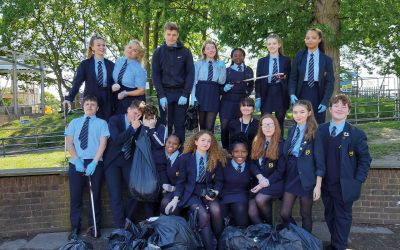Meet Max Johnson once, and you’re never going to forget him. He’s a cheeky chappy, an incredibly intelligent and articulate 11-year-old, who talks nineteen to the dozen, yet packs a wicked, warm smile.
But then this is a young boy who, two years ago, was staring death in the face.
As he was being prepped by theatre staff at Newcastle’s Freeman Hospital ahead of a nine-hour heart transplant operation, Max said goodbye to his parents, Emma and Paul, for what he feared would be the last time.
“I was thinking this could be our last hug ever,” recalled Max. “I didn’t think I would make it. I thought in my head ‘goodbye’.”
Rewind to September 2016. Max is a typical action man. He loves sports, he enjoys gaming, he indulges in a bizarre passion for music speakers which deliver thumping, deep bass rhythms from his bedroom in Winsford, Cheshire, capable of waking up the entire street. He is also a Stoke City supporter.
I was thinking this could be our last hug ever. I didn’t think I would make it.”
But three years ago, Max was getting very tired and looking very pale. He had also started to lose weight. A mild heart murmur was detected, but the family doctor reckoned Max was asthmatic and so he was prescribed a nebuliser.
But that wasn’t doing the trick. “Max was swallowing air a lot at the time, which was bizarre,” explained mum, Emma.
“He was coming to us at night saying he had pins and needles in his legs and feet. Max was deteriorating physically and spiritually. When we went for a chest x-ray at Northwich Infirmary, I could barely get Max up the hill.
It is a condition when the heart becomes enlarged and cannot pump blood effectively. It was then that the alarm bells started ringing.”
“When we saw the chest x-ray I said, completely innocently, ‘I didn’t know hearts were that big’.
“The lady technician was very quiet and poker-faced, unable to tell us the results, but you could sense something.
“I quickly Googled ‘enlarged heart’ and it came up with dilated cardiomyopathy, which is a condition when the heart becomes enlarged and cannot pump blood effectively. It was then that the alarm bells started ringing.”
It was clear that this fragile child needed a heart transplant. Max went on the urgent transplant list in January 2017 and, a month later, his heart was fitted with a mechanical pump.
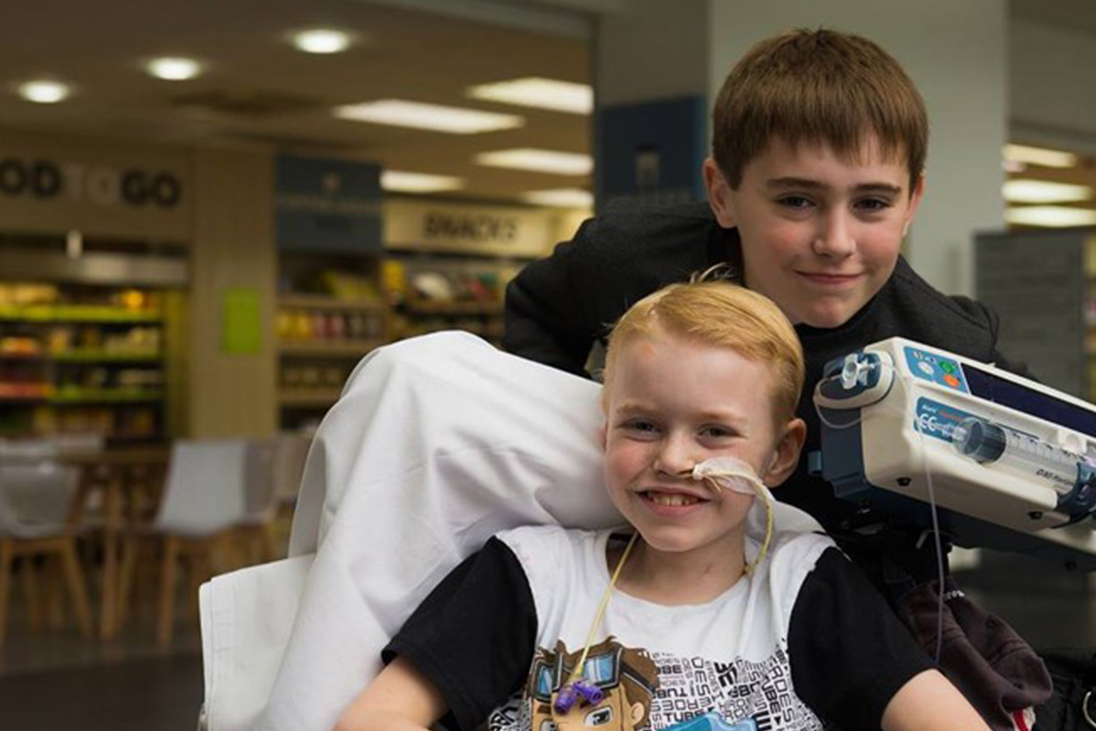

After being diagnosed with dilated cardiomyopathy, sometimes known as an ‘enlarged heart’, Max was immediately placed on the transplant list.
Max’s dad, Paul, added: “All of a sudden, we had gone from asthma to something which could kill him.”
When Max found out he needed a heart transplant, he texted the heart-breaking message: “I’m done for, dad.”
And so the wait.
On Sunday, July 30th, Loanna Ball was driving along the A361 North Devon Link Road near West Buckland near Barnstable. Her seven-year-old son Bradley was in the front, and nine-year-old Keira in the backseat.
Then, at around 11.30am, the family’s Vauxhall Vectra collided with a Ford Ranger 4×4, which was towing a cattle trailer.
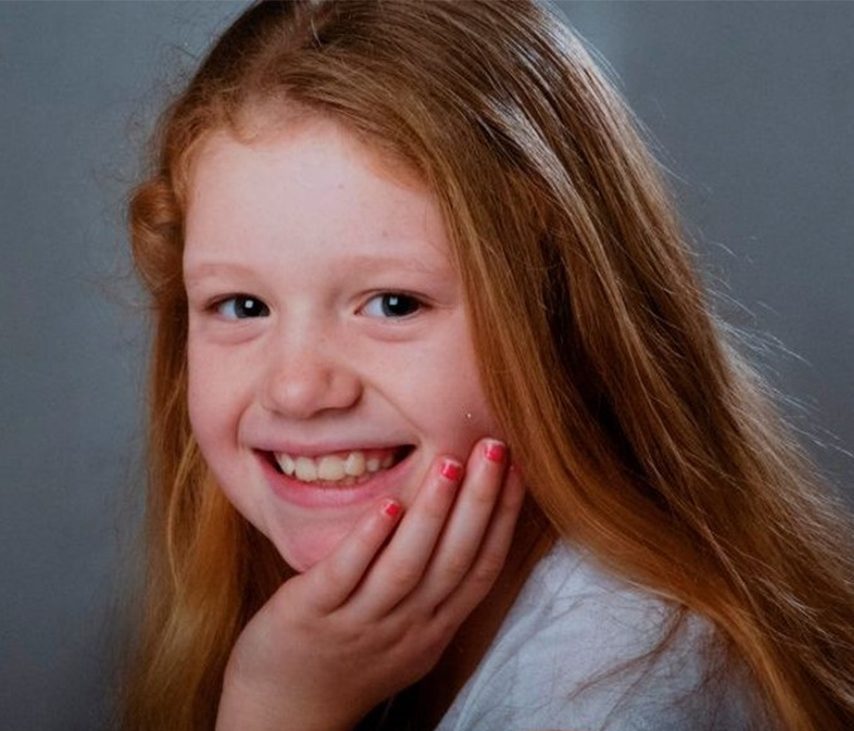

After Keira Ball (above) died in a car crash in 2017, her donated organs saved the lives of four others, including Max Johnson.
The road was closed for hours as emergency services fought to save the family. Loanna and Bradley survived, but sadly Keira died from her injuries at the Bristol Children’s Hospital.
On August 2nd, the family made the decision to donate Keira’s organs. One man in his 30s, who had been waiting for two-and-a-half years, received one of Keira’s kidneys, a lady in her 50s got the other kidney, while her pancreas and liver went to another little boy.
Keira gave her heart to Max.
Father Joe Ball told Devon Live: “Keira helped to save four lives. I watched as the ambulances left the hospital with her organs. She was in the operating theatre for nine hours and it was hard sitting there knowing it was Keira.
“She lives on, and that gives us great comfort now.”
Meanwhile, 300 miles away at the Freeman Hospital in Newcastle, Max was gravely ill, having waited for 206 days in the high dependency unit.
Because Max has an O negative blood group, and he is slight in stature, it was difficult to get a match.
“After eight months in hospital, I started to lose hope,” recalled Max, whose weight had dropped to 20 kilos.
“We then got one offer, everything matched, but the heart beat was off.
“Five days later, we heard there was another heart which was a match.”
This time it was a good match. This was Keira’s heart.
She lives on, and that gives us great comfort now.”
At 3pm on August 2nd, Max underwent his heart operation.
“We didn’t know if Max would make it,” added Emma. “Harry, our older son, was very worried in his own way. Twenty per cent of children don’t make it through the operation, so we knew the odds.”
Just before he went down for the operation, a woozy Max said to his parents: “I won’t see you for a while, I love you both.”
At just after midnight, Emma and Paul were told their son was out of the theatre. They had been staying nearby at Scott House, provided by The Sick Children’s Trust, who hosted the family throughout their stay in Newcastle.
Keira helped to save four lives. I watched as the ambulances left the hospital with her organs.”
“When we saw Max, he was covered in a mass of tubes, wires and drain lines,” said Paul.
“We knew it would be quite a sight.
“But even then, you looked at his chest and all you could think was ‘there is a heart which once belonged to somebody else and which is now keeping Max alive – what a remarkable decision someone has made to donate, because this has only been possible because of them.”
After the life-saving operation, Max spent a further 39 days at the Freeman Hospital before being driven back home to Cheshire.
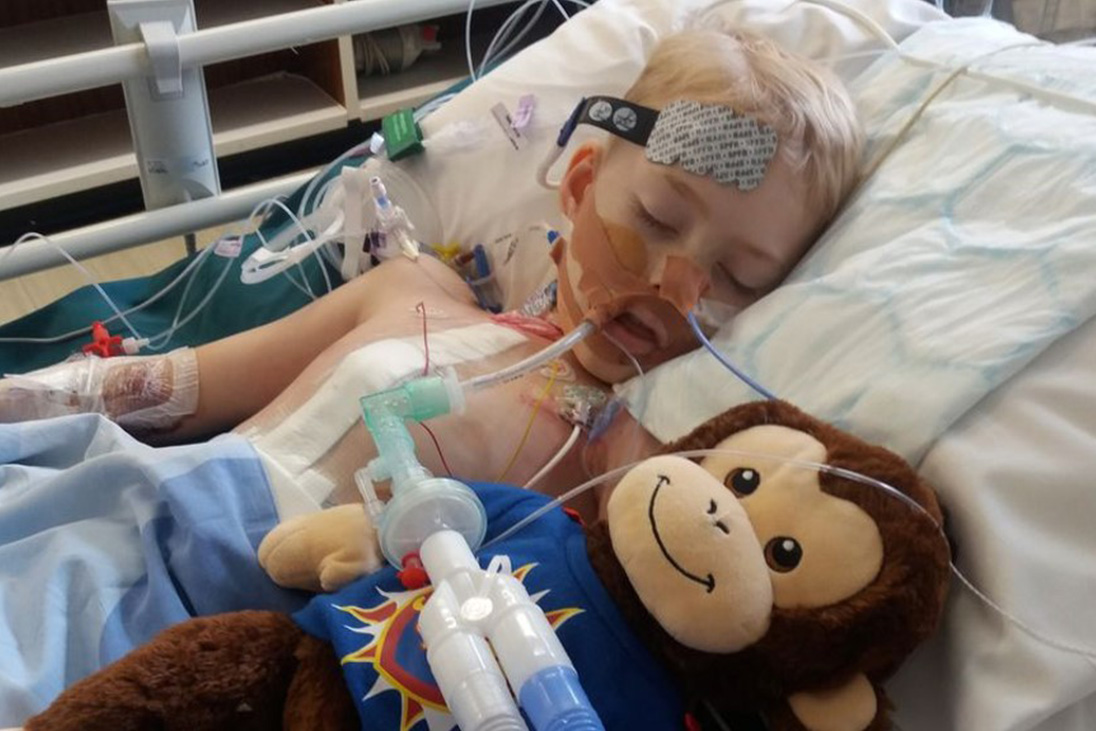

Max rests in hospital after his life-saving transplant surgery.
Fast forward to nearly two years later and Max is like a whirling dervish. He’s a young man packed with energy, who’s loving sport and loving life again.
He’s not totally out of the woods. Transplantation is a life-long commitment, and there are all sorts of risks surrounding organ rejection, renal failure, furring of the arteries, and the ability to fight off infections.
Every day is precious. Max is having days, weeks, months and now two years which, if natural selection had its way, he wouldn’t have had.”
“You offset the negatives with a lot of the positives and the first one being that without a transplant, our little boy would have died,” explained Paul.
“Now you can see what he is like. You would not know to look at him.
“There are those who have had transplants who have gone on to lead phenomenal lives. We met one person who told us he’d had his heart transplant 28 years ago, and is now married with kids.
“These are people who have gone on to forge productive happy lives for themselves. And while there are no guarantees for Max, why can’t it be him?
“You work on the basis that future comes but one day at a time. Every day is precious. Max is having days, weeks, months and now two years which, if natural selection had its way, he wouldn’t have had.”
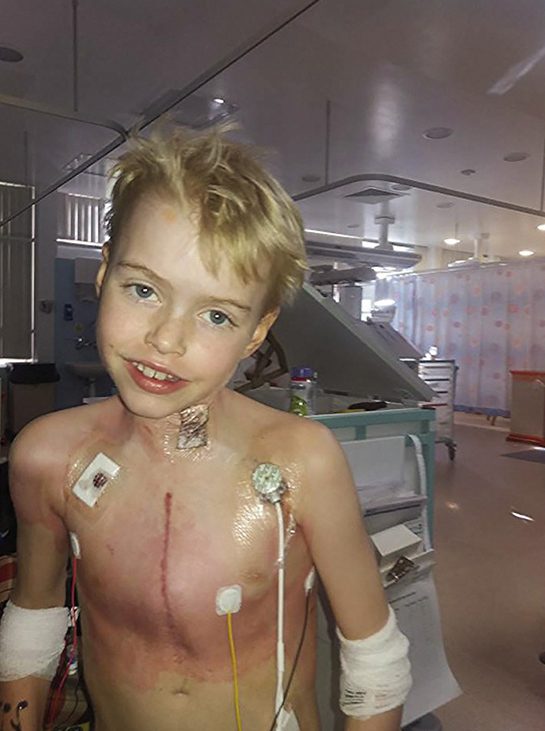

After his operation, Max spent a further 39 days in hospital, often in a state of high dependency.
Thanks to a campaign, jointly orchestrated by the Daily Mirror and the British Heart Foundation, Max is promoting the introduction of Max and Keira’s Law which seeks to change the landscape of organ donation.
The law, which comes into effect next year, will presume that consent has been given by someone to be an organ donor, unless they have opted out.
Previously, you have had to opt in by carrying a donor card.
Pre-Brexit, only four European Union nations did not have an ‘opt-out organ donor system’ Germany, Holland, England and Northern Ireland. In Wales, which has adopted the system, this has resulted in a rise in the number of transplants.
Both Scotland and the Republic of Ireland are to roll out the idea.
Max’s great uncle, Robert Lewis, is a member of Hazel Grove Rotary in Cheshire, where Paul has spoken about the campaign.
Rotary has long been involved with the promotion of organ donation, back to 1996 when Dr Keith Barnard-Jones was President of Rotary in Great Britain and Ireland, encouraging Rotarians to become organ donor cardholders.
I think about Keira a lot. I was nervous about meeting her family and shy about what they might ask me.”
According to the Johnsons, it is important everyone knows someone’s wishes about organ donation. It’s an easy decision to make when you are alive, but harder when someone is gone.
The amazing twist to the story is that Max has met Keira’s family. The unique bond of tragedy and the gift of life has brought them together.
“Max and Keira’s Law is an amazing thing which can save people’s lives,” said Max. “I think about Keira a lot. I was nervous about meeting her family and shy about what they might ask me. I was conscious they had lost their daughter and I didn’t want to upset them.
“Joe (Keira’s dad) is a nice person. He is the person who saved four people’s lives. That family is very special. Everyone should know how special they are.”










